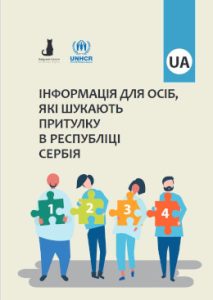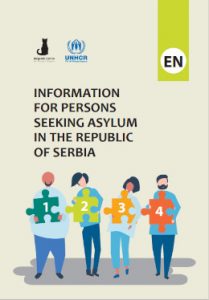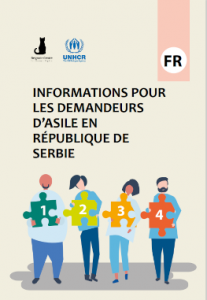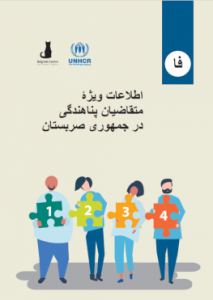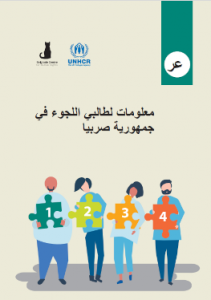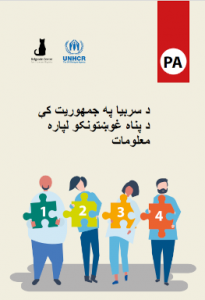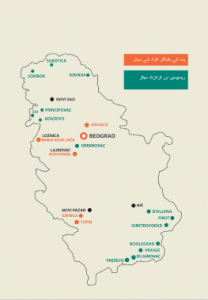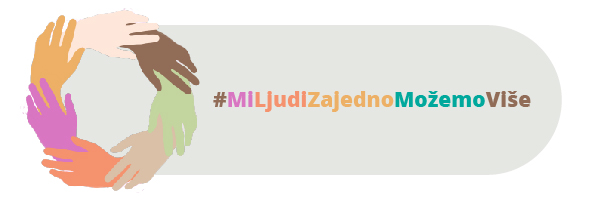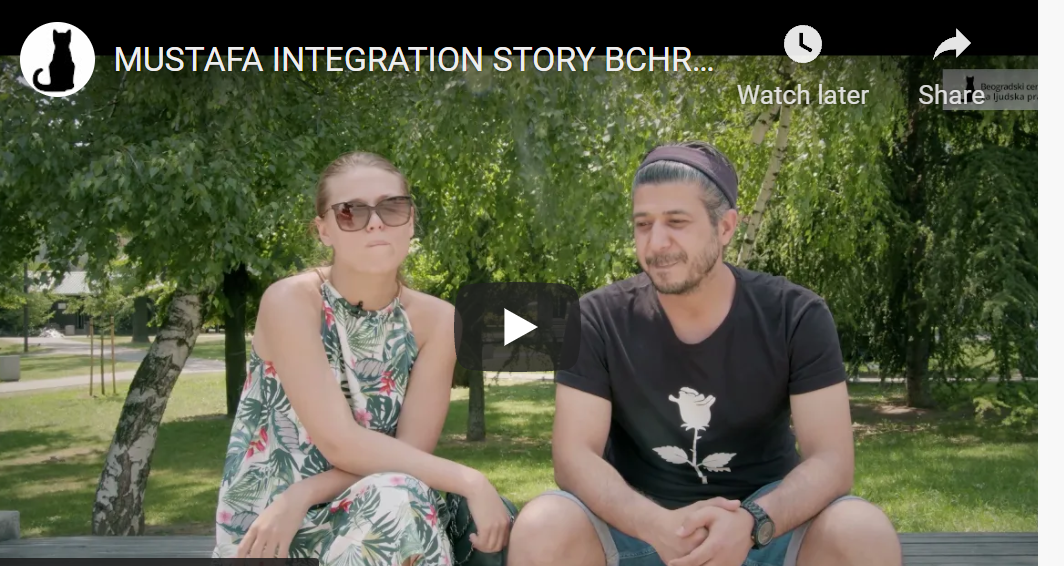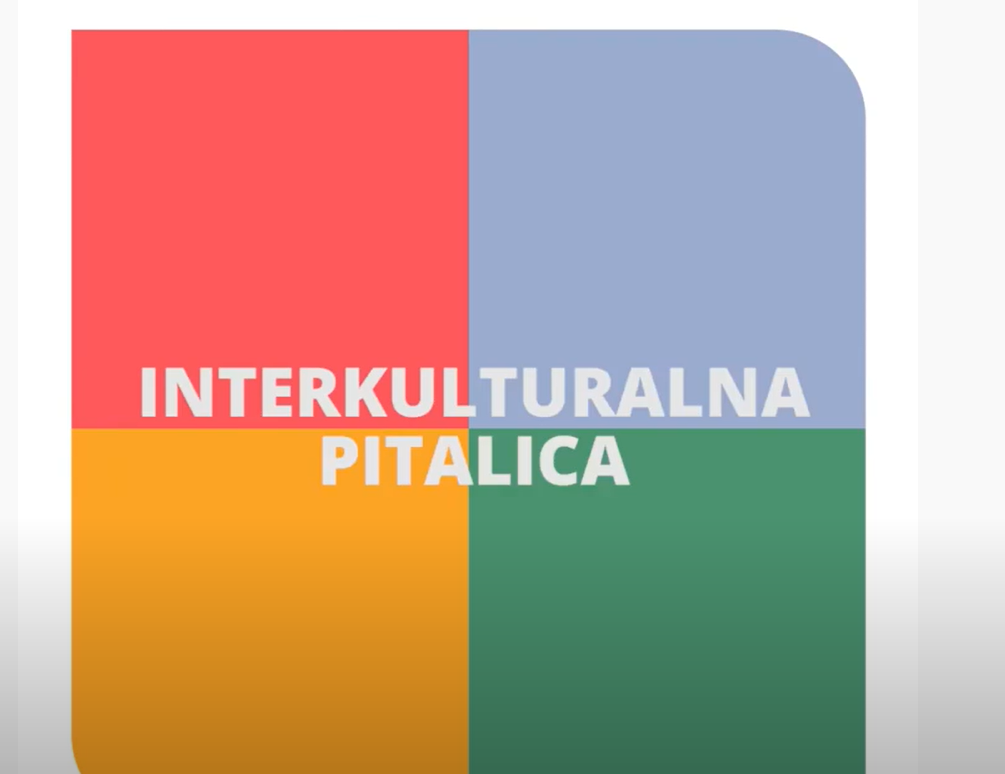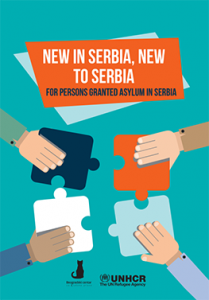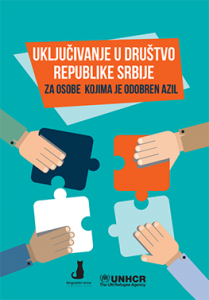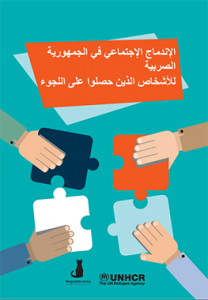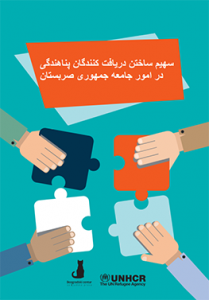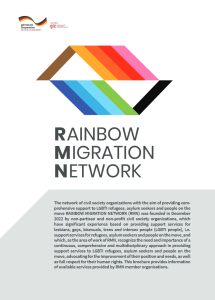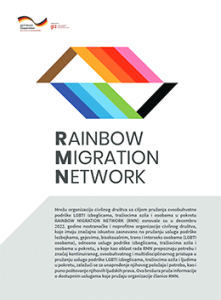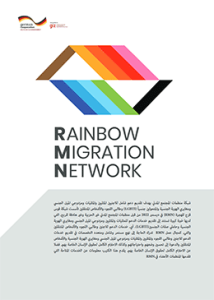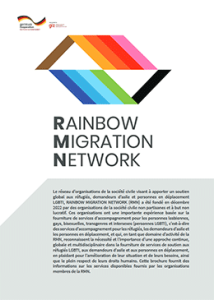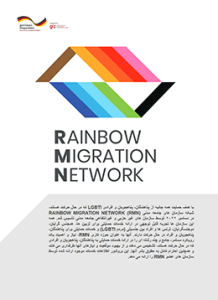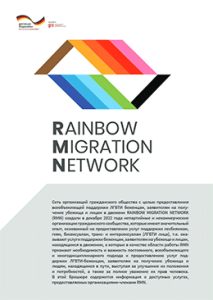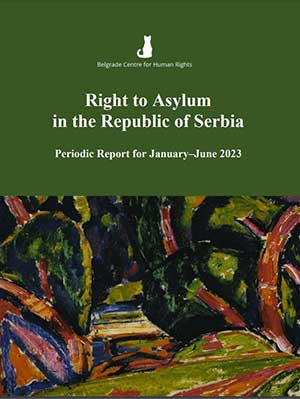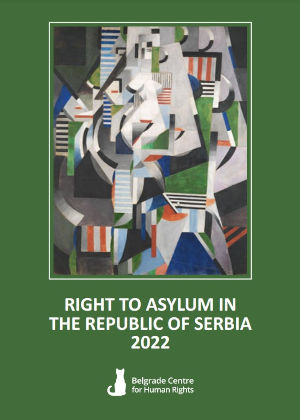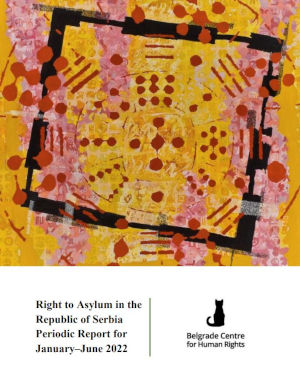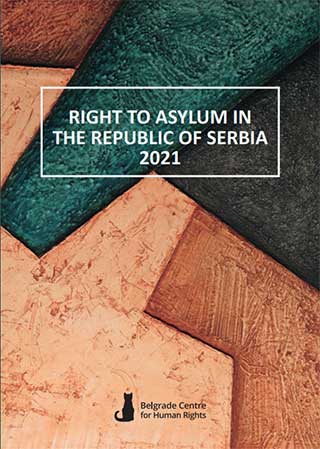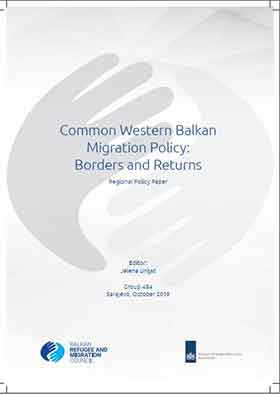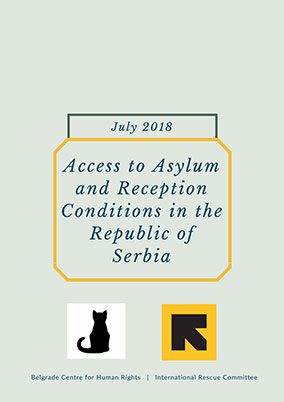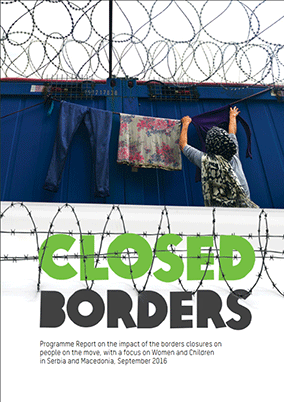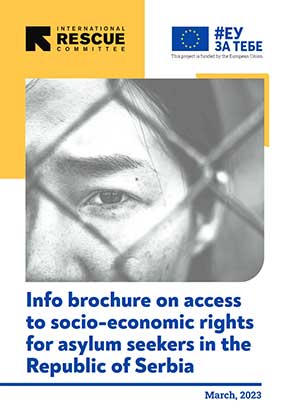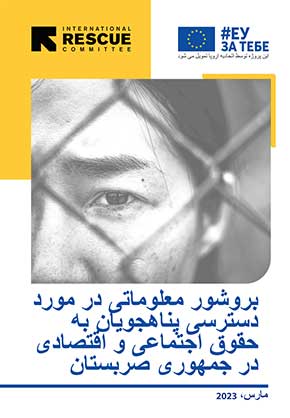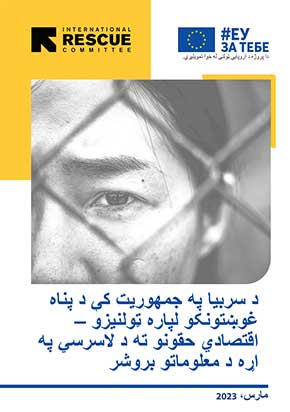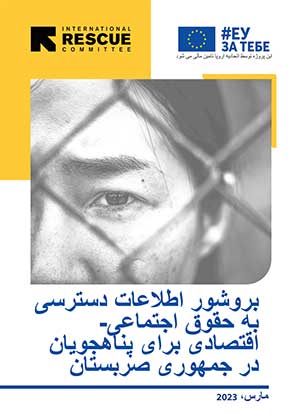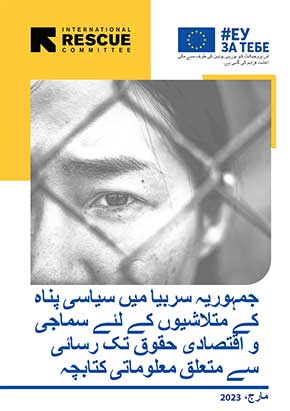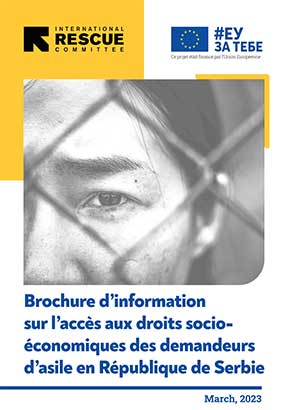We continuously monitor the state of affairs both in the countries where the asylum-seekers come from and in Serbia. All of our findings and reports are available at the Centre’s webpage at www.azil.rs

As a partner of the United Nations High Commissioner for Refugees, the Belgrade Centre for Human Rights has, since 2012, provided asylum-seekers in Serbia with free legal aid: they are explained their rights and obligations and represented before the proper authorities in Serbia and the European Court of Human Rights.

New edition of AIDA report on the asylum system in Serbia
In February 2017, the Asylum Information Database (AIDA) published the new edition of the report on the asylum system and integration of refugees in Serbia, created by the Belgrade Centre for Human Rights. The report contains the newest statistical data on the asylum procedure in Serbia, on the relevant legal framework, as well as on […]
The Implementation of the EU-Turkey Statement
The agreement between EU member states and Turkey was made in March 2016, whereas Turkey pledged to halt illegal migration to Europe. The agreement implied that the EU states may return refugees who entered their territory from Turkey, and at the same time creating special conditions for Syrian refugees in Turkey; for every refugee from […]
By-law regulating integration is adopted
2008 Asylum Act stipulates that the Republic of Serbia, within its means, will provide conditions for the inclusion of refugees in the social, cultural and economic life and facilitate their naturalization (Article 46, Asylum Act); the manner in which this is to be done will be determined by the Government on the proposal of the […]
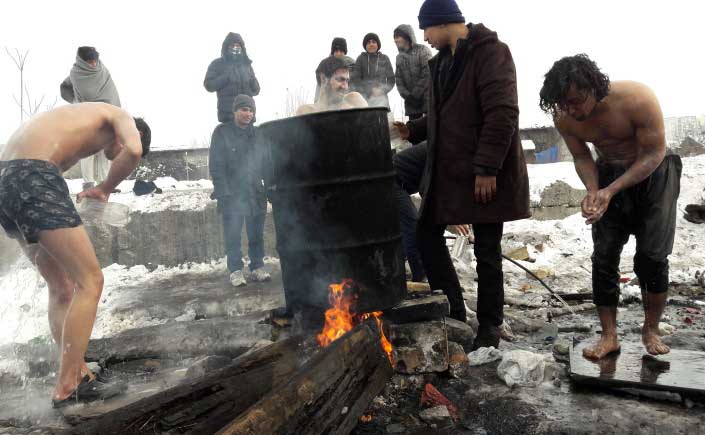
Refugee Situation in Serbia in January 2017
The number of refugees and migrants in Serbia continued to rise in the first month of 2017, with UNHCR estimate is that around 7,900 refugees and migrants weeere in the country at the end of January. One of the reasons for this can be found in the recent change in admission policy of the Hungarian […]
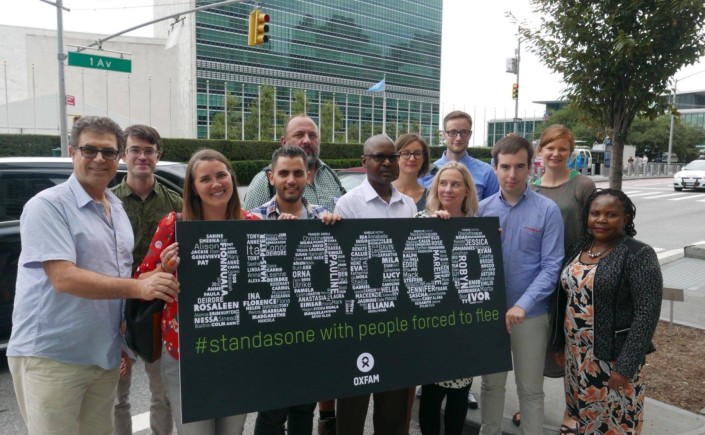
New York Declaration for Refugees and Migrants adopted at historic UN summit
The United Nations General Assembly unanimously adopted the New York Declaration for refugees and Migrants at a historic summit that was held on 19 September 2016. The Declaration reflects political will for to improve the protection of refugees, especially regarding responsibility sharing. However, the Declaration is a product of compromise and therefore it has a […]
As a partner of the United Nations High Commissioner for Refugees, the Belgrade Centre for Human Rights has, since 2012, provided asylum-seekers in Serbia with free legal aid: they are explained their rights and obligations and represented before the proper authorities in Serbia and the European Court of Human Rights.
We continuously monitor the state of affairs both in the countries where the asylum-seekers come from and in Serbia. All of our findings and reports are available at the Centre’s webpage at www.azil.rs

